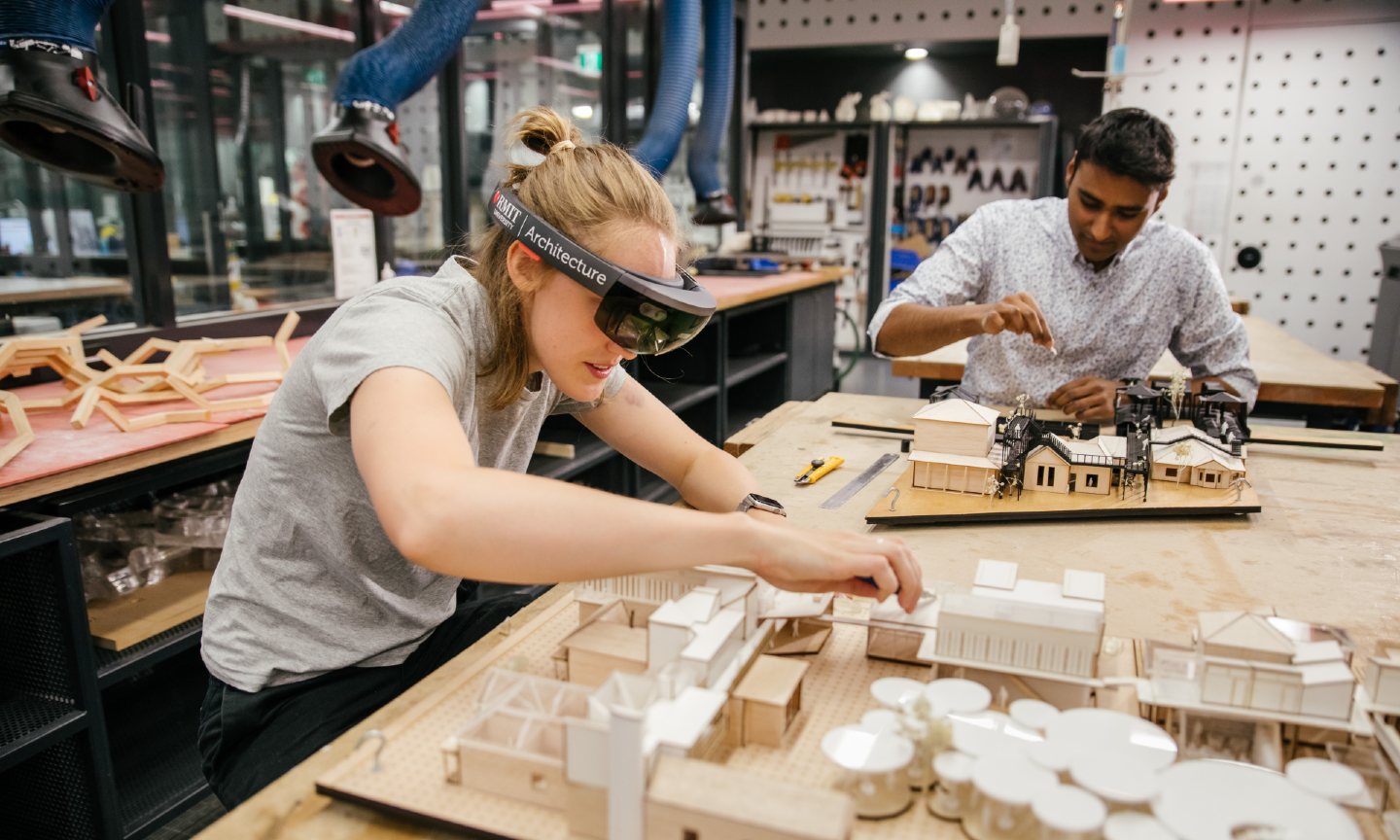
What's next awaits
You might be interested in
It looks like you haven’t entered anything into the search field. Please enter a keyword or phrase.
You might be interested in
RMIT is an international university of technology, design and enterprise
3000+ scholarships
awarded to our students in 2023
19,730 industry placements
for students in 2023
#1 globally
for our efforts to reduce inequality1
1Times Higher Education (THE) University Impact Rankings 2023

